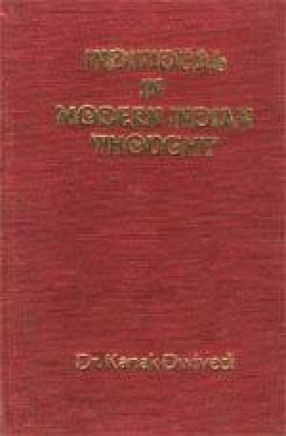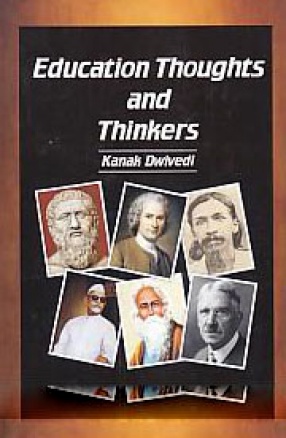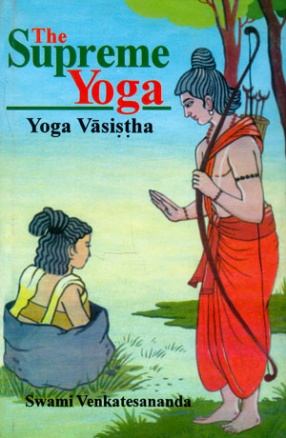Individual in Modern Indian Thought: A Quest for Integrated and Authentic Individual
Synopsis
The fortunes of the individual have varied in different societies, ages and cultures depending on several factors: type of state and religious authority, metaphysical world-views, economic arrangements, etc. with which he happens to be associated as a member f society. Thus, while republican and democratic forms of Government have, in general, been Favourable to the growth of individualism and individualistic thought as in ancient Greece and modern Western Europe, monarchic and absolutistic regimes have tended to suppress individual liberty and to encourage collectivistic approach to the individual's relation to society. A similar approach to the individual's relation to society. A similar approach is countenanced by religions claiming to have infalliable revealed scriptures. Thus Christianity, particularly in its Catholic form, put obnoxious curbs on the individual's freedom to thought and speech and hampered the progress of scientific investigations. On the other hand Protestant Christianity came to attach greater importance to the individual and his conscience. In ancient India while social relations were largely controlled by the ruling princes who enforced the codes of conduct laid down by the Dharmasastras, metaphysicians and thinker propounding philosophies of liberation felt free to propogate even materialistic and atheistic worldviews. The growth of individualism in modern thought was directly correlated with the rise of science and industrialism on the one hand and democratic institutions and laissez-faire economy on the other. These developments had far-reaching repercussions on Indian socio-political thinkers and religious teachers and reformers. In modern shable until the advent of independence. The founding fathers of the Indian Republic nevertheless succeeded in giving to the country a most modern and progressive secular-to all citizens. However, while our constitution derives largely from British and American models of Government, our leaders have also been responsive to Socialist-Marxist ideologies stressing the need of economic justice for the poorer sections of society. This ideal of a Welfare State has led to widespread planning in different spheres of the people's life, which amounts in practice to putting restraints on the individual's propensity to self-aggran disement. As a first venture in authorship the present work has some obvious limitations. But it is rich in content and will be found useful by students and by researchers in the field of modern thought both religion-philosophic and socio-political. The work also offers a comparative review of modern European and Indian developments in the philosophy of the individual. In this connection the reader may ponder over the dilemma of all welfare states posed by the more or less irreconcilable claims of the democratic ideal of liberty of the one side and the socialistic ideal of equality on the other side. The two ideals have been declared to be antithetical by such important writers as lord Action and Will Durant.
Read more
16.20
14.58
$
18.00 $
Free delivery Wolrdwidе in 10-18 days
Ships in 2-4 days from New Delhi
Membership for 1 Year $35.00
Get it now and save 10%
Get it now and save 10%
BECOME A MEMBER
Books by the same author









Bibliographic information